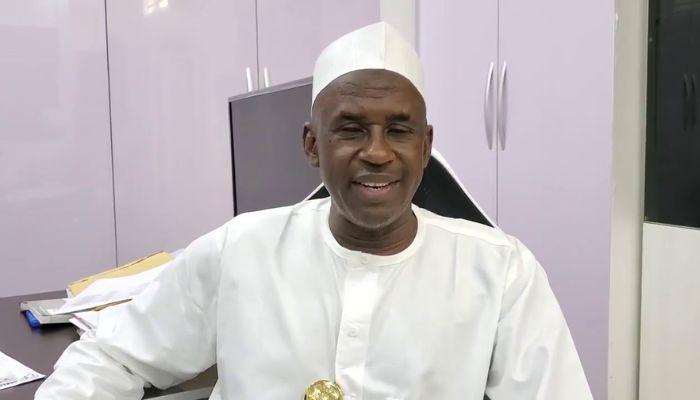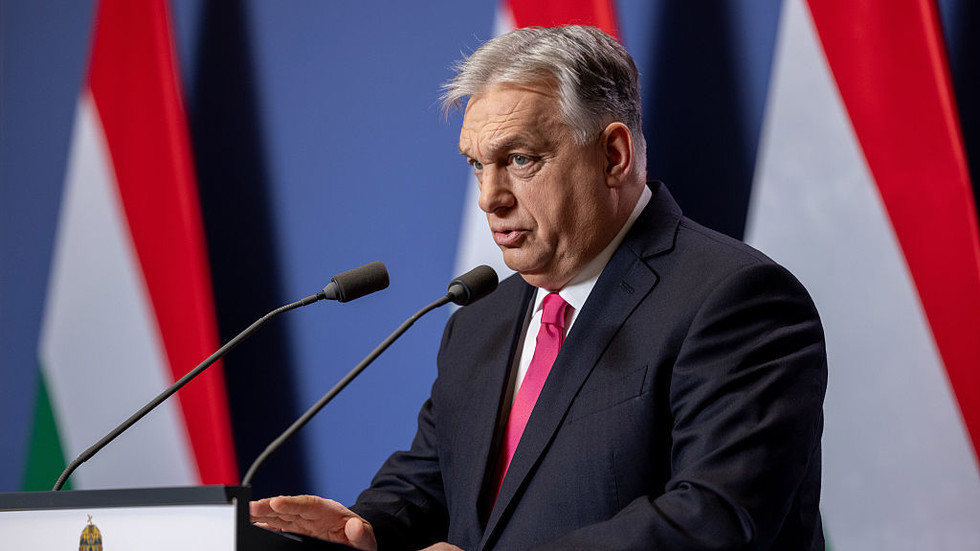Nigerian energy stakeholders are now better equipped to harness the country’s hydrocarbon potential following policy reforms and institutional overhauls, according to Tony Attah, Managing Director and CEO of Renaissance Africa Energy Company Limited. Speaking at the Nigerian Association of Petroleum Explorationists’ (NAPE) 50th-anniversary conference in Lagos, Attah highlighted improved governance frameworks, talent development, and strategic partnerships as catalysts for sector growth—a shift he described as a turning point for Africa’s largest oil producer.
Attah, represented by Renaissance’s Executive Vice President of Finance, Olusegun Banwo, praised legislative updates like the Nigerian Oil and Gas Industry Content Development (NOGICD) Act and the Petroleum Industry Act (PIA), which aim to boost local participation and streamline operations. He particularly emphasized the transformation of state-owned NNPC Limited into a commercially driven entity, noting its board and management now include seasoned professionals from international energy firms. “The changes at NNPC were once unimaginable,” he said, “but today, we have partners willing to collaborate for progress.”
However, Attah stressed that sustained growth hinges on transparency and competence. “Organizations must withstand scrutiny of their leadership and governance. Shareholders, boards, and management must prioritize integrity and strategic vision to expand the sector’s potential,” he added. He dismissed financing as a barrier, arguing that credible institutions attract investment by demonstrating accountability. “Lenders fund people, not assets. Robust governance wins confidence,” he stated.
The event also saw Renaissance recognized with the Strategic Investment in Nigeria’s Energy Future award, while its chairman, Dr. Layi Fatona, received the Industry Icon Award. NAPE President Johnbosco Uche cited Renaissance’s large-scale projects, including its March 2025 acquisition of Shell Petroleum Development Company’s shares, as pivotal to reshaping Nigeria’s energy landscape.
Attah framed Renaissance’s mission as a broader “rebirth” for African energy, aiming to balance resource exploitation with sustainable development. “This is about securing energy access while driving industrialization across the continent,” he said. The remarks align with Nigeria’s push to revive its oil sector—which contributes nearly 90% of foreign exchange earnings—amid global competition and energy transition pressures.
The conference, themed Pioneering the Future of Energy in Africa, brought together industry leaders, including Aradel Holdings’ CEO Gbite Falade and Chevron Nigeria’s Chairman Jim Swartz, underscoring collaborations between local firms and multinationals. With reforms advancing and domestic expertise deepening, stakeholders appear cautiously optimistic about unlocking Nigeria’s 37 billion barrels of proven oil reserves—if governance and accountability remain priorities.



